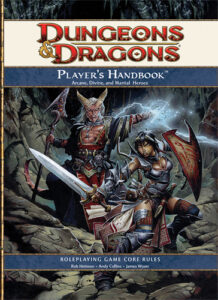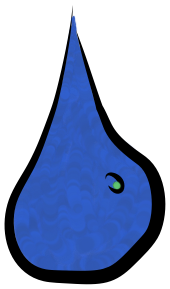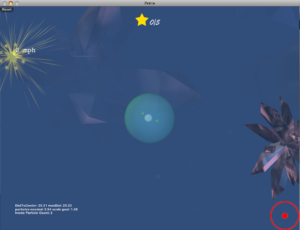Indeed.
As far as faculty/professors are concerned, I’ve always considered myself pretty cool, but I’m beginning to suspect that my students think of me much in the way that I thought of my more… challenging professors. Apparently my grade distributions are second only to the “law” faculty in the department and my ability and indeed desire to stick to syllabilical requirements has become well known in only one short year. Damn right. All of that said, as someone who teaches game design and classes about the history and political-economy of the videogame industry, I still think I’m pretty hip. I may make you work, but at least the source material is cool, right? I tend to not “do” finals, as they are already overdetermined. As if you (my student) hadn’t managed to already make your bed throughout the semester, why on earth would I offer a single moment in which to redeem yourself? I’m a consistency person.
So, this spring I actually held finals, though they had no impact on grades, officially. To the one student who asked, “Can I leave? I have real final I need to get ready for.” You are on notice. Two classes, two very distinct finals. Continue reading »



